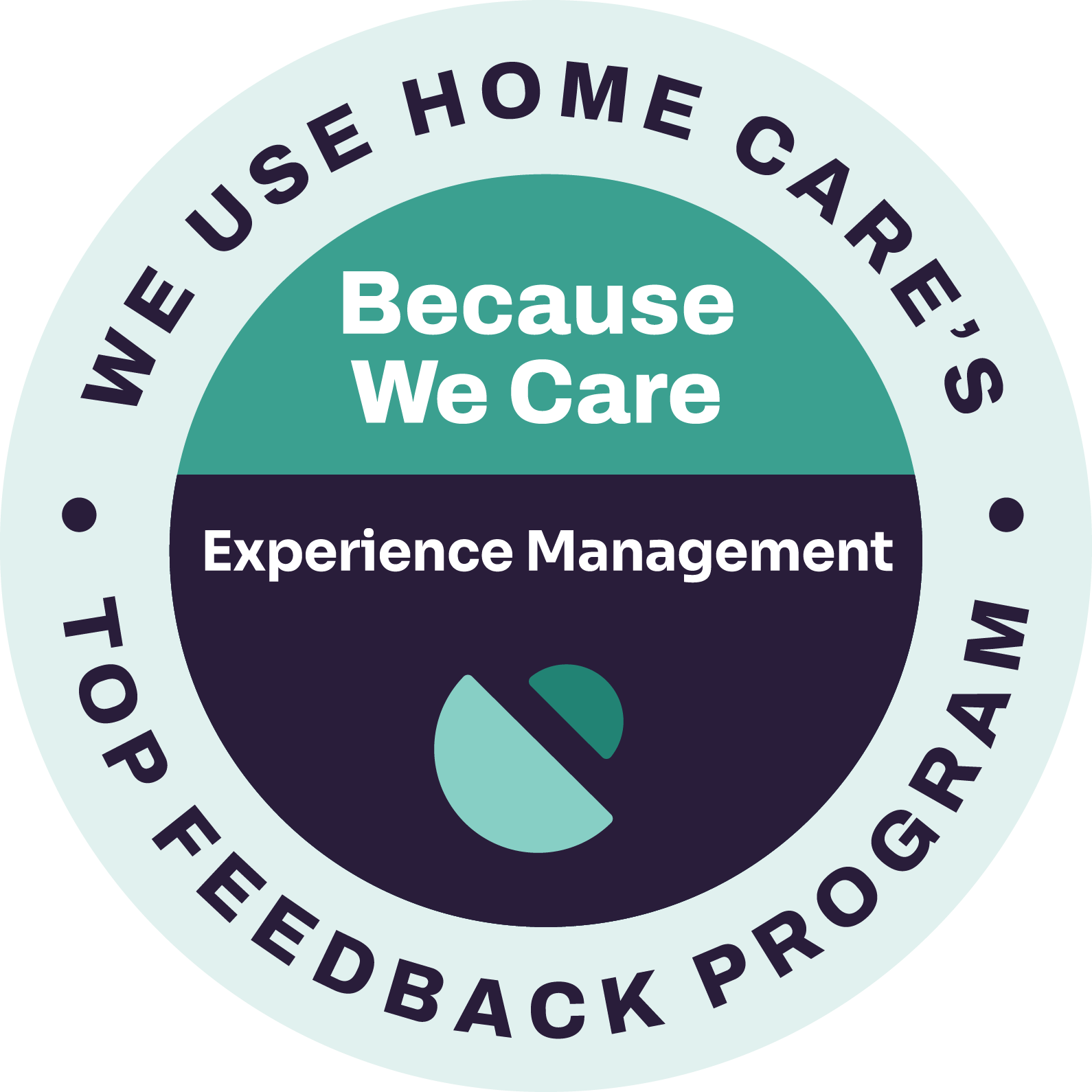For both individuals needing some assistance and their caregivers, it’s essential to recognize caregiving’s impact on mental health. Here are signs that you may be experiencing mental health challenges, the difference a caregiver can make, and how having a respite caregiver benefits family caregivers.
For Those Needing Care
Dealing with illness, disability, or the effects of aging can make it easy to become consumed by the challenges of daily life. The need for assistance, physical limitations, and potential loss of independence can also take a toll on mental health.
Common Mental Health Challenges Among the Elderly and Disabled and the Difference a Caregiver Can Make
Depression: (Feelings of sadness, hopelessness, and isolation) can manifest in a variety of ways, such as:
- Losing interest in activities you once enjoyed. Caregivers can encourage you to participate in such activities, helping you regain interest and stay engaged with life.
- Changes in eating habits. Caregivers can work with you to help ensure a healthy diet, and avoid unhealthy eating habits like overeating or skipping meals.
- Difficulty sleeping or sleeping too much. Caregivers can establish a routine and ensure that daily activities support healthier sleep patterns.

- Negative thoughts about yourself and your future. Caregiver companionship and a listening ear can help combat negative thoughts.
Anxiety: Concerns about the future can contribute to anxiety and stress. This can lead to:
- Excessive worry about various aspects of life. A caregiver provides companionship and a calming presence, offering emotional support that can help ease your worries about the future. Your caregivers can help you maintain a consistent daily routine that brings a sense of stability and predictability, which can reduce anxiety levels.
- Concerns About Losing Independence: Caregivers assist with daily activities while still encouraging independence wherever possible, helping you maintain control over your life and alleviate fears about losing autonomy.
- Fear of Institutionalization: By providing personalized in-home care, caregivers make it possible to safely remain at home, which can help delay or prevent the need to be placed in a nursing home or other facility.
Loneliness: Feeling isolated and disconnected from the world can be a significant mental health challenge.
- Limited social interaction. A caregiver’s regular face-to-face interactions are crucial in combating a sense of isolation. Engaging in conversations and sharing stories helps refill your “joy tank.”
- Loss of social connections with friends and family members. Caregivers can help arrange or accompany individuals to social events, community activities, or family gatherings, helping you stay connected with others.
(Read More) – 3 Ways To Overcome Senior Loneliness and Isolation
Loss of Purpose: Changes in roles and responsibilities can lead to a sense of loss of purpose or meaning in life.
- Feeling like you are no longer contributing to society or making a difference. Caregivers can help you see the value in your past contributions and how your experiences, wisdom, and stories continue to make a difference to others. A caregiver can aid you in finding new ways to give back to your community, such as online volunteering or even making handcrafted items to donate. Caregivers can also assist in personal development activities, such as learning new skills or taking up a hobby.
By understanding these common mental health challenges, you can better recognize and address your emotional needs. It’s important to seek support from caregivers, friends, and family to cope with these challenges and maintain a positive outlook.
For Family Caregivers
Caregiving is an act of love, dedication, and compassion, but caregiving’s impact on mental health extends to family caregivers as well. The National Institutes for Health report, “Research showed that assuming a caregiving role can be stressful and burdensome. Caregiving has all the features of a chronic stress experience.” Whether you’re looking after an aging parent or assisting a loved one with a disability, the emotional, physical, and mental challenges of caregiving are real.
Signs of Mental Health Struggles:

- Increased stress and anxiety. The constant demands of caregiving can lead you to feel stress and anxiety. Concerns about the well-being of your loved one, financial strain, and the physical and emotional toll of caregiving can contribute to these challenges.
- Mood swings. Are you experiencing frequent mood changes, including sadness, irritability, or anger?
- Social withdrawal. Having to cancel (or avoiding) social interactions.
- Changes in eating or sleeping patterns. Overeating, undereating, insomnia, or excessive sleepiness are symptoms you may be experiencing a mental health crisis.
- Difficulty concentrating. Struggling to focus or complete tasks.
- Burnout. Chronic stress and exhaustion can lead you to burnout. This condition is characterized by physical, emotional, and mental exhaustion, as well as feelings of detachment and negativity.
(Read More) – Silent Sacrifices: Unveiling the Hidden Realities of Being a Family Caregiver
Action Steps to Improve Mental Health:
- Seek support. Connect with other caregivers, support groups, or mental health professionals to share your experiences and receive guidance.
- Take breaks. Schedule regular breaks to rest, relax, and recharge. Even short breaks can make a significant difference.
- Engage in self-care. Prioritize activities that you enjoy and that help you relax, such as hobbies, exercise, or spending time with friends and family.
- Set realistic expectations. Understand that you cannot be everything to everyone. It’s important to set realistic expectations for yourself and your loved one.
- Accept help. Don’t hesitate to ask for help from friends, family, or professional caregivers. Accepting help can alleviate stress and prevent burnout.
- Practice relaxation techniques. Relaxation techniques, such as prayer, meditation, or deep breathing, can help reduce stress and improve your mental well-being.
Remember, it’s important to prioritize your mental health to ensure that you can continue providing the best possible care. By taking action steps to improve your well-being, you can reduce stress, enhance your quality of life, and provide better care for your loved ones.
Respite care

At Sunlight Senior Care, we understand the complexities involved in caregiving and the importance of supporting both care recipients and their family caregivers. Providing a temporary break from caregiving responsibilities helps you recharge, reduce stress, and prevent burnout. Take advantage of our respite care services. You can improve your overall well-being and ensure that you continue providing high-quality care.
(Read More) – What is Respite Care and What Does it Look Like?
Sunlight’s non-medical in-home caregiving services can alleviate the burden of caregiving’s impact on mental health. Whether you need a few hours of respite or more comprehensive care for your loved one, we are here to help. Our trained caregivers provide compassionate support, allowing you to take time for yourself without compromising your loved one’s care.
Caregiving is a journey, and no one should walk it alone. By taking steps to protect your mental health, you’re not only benefiting yourself but also ensuring you can provide the best care for your loved one. Reach out to us today to learn more about our in-home care services and how we can support you!






